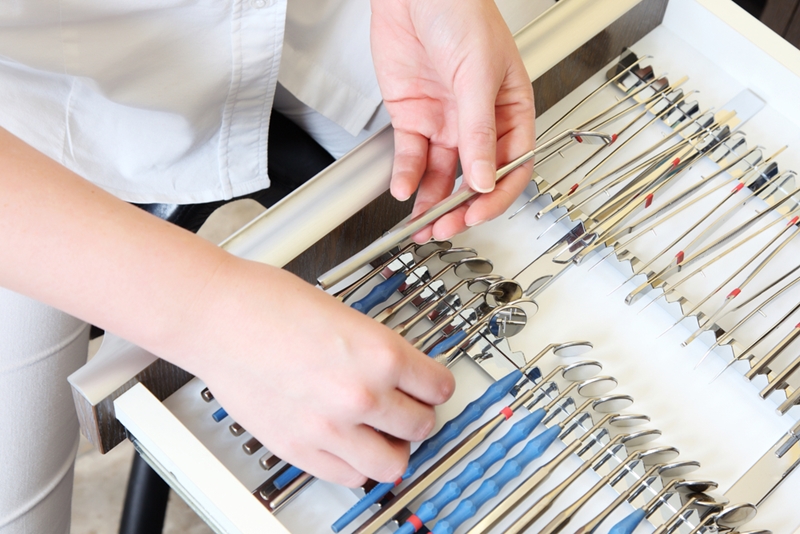Oral cancers make up around 2 per cent of all cancers diagnosed in New Zealand, according to the Cancer Society. Roughly 250 Kiwis find out they have oral cancer each year. Fortunately, most cases are caught early enough to be treated successfully.
However, oral cancer and its treatment can still impact your dental care. Here's what you need to know.
Oral cancer can manifest itself in the tongue, hard or soft palate, gums, cheeks and lips.
About oral cancer
Oral cancer can manifest itself in the tongue, hard or soft palate, gums, cheeks and lips. It typically occurs in people aged 40 or over, and risk factors include sun exposure or heavy smoking and drinking.
Symptoms can include pain or tenderness in your mouth and lips, red or white patches, or sores that won't heal. Cancer in the mouth can be spotted by your dentist during a routine examination – another reason why it's important to get regular dental check ups!
If your dental team notices signs of oral cancer, they will refer you to a doctor for further tests.
Oral cancer: Your dental health before and during treatment
An oral evaluation before beginning treatment can help to identify existing dental problems and avoid the risk of more severe complications during treatment. Treating problems such as fractured teeth or periodontal disease before treatment for the cancer begins can help increase the chances of successful and more comfortable treatment.
While receiving treatment, maintaining a good dental care routine is crucial. Continue to brush your teeth, tongue and gums everyday, using an extra-soft toothbrush. If the bristles cause you discomfort, you can soften them in warm water before brushing.
Floss gently, avoiding any areas that are painful or bleeding, and refrain from using mouthwashes containing alcohol.

Dental complications of oral cancer
Dry mouth, or xerostomia, is a common condition for oral cancer patients. Sipping water, sucking on ice chips or chewing sugar-free gum can help relieve a dry mouth and avoid related problems, and in some cases a saliva substitute may be necessary. As a result of the higher risk of caries, fluoride applications may be recommended.
Oral cancer patients need the best dental care. Here at City Dentists your oral wellbeing is our top priority, so you'll always be in good hands. For any questions, concerns or to make an appointment, get in touch with us today.
